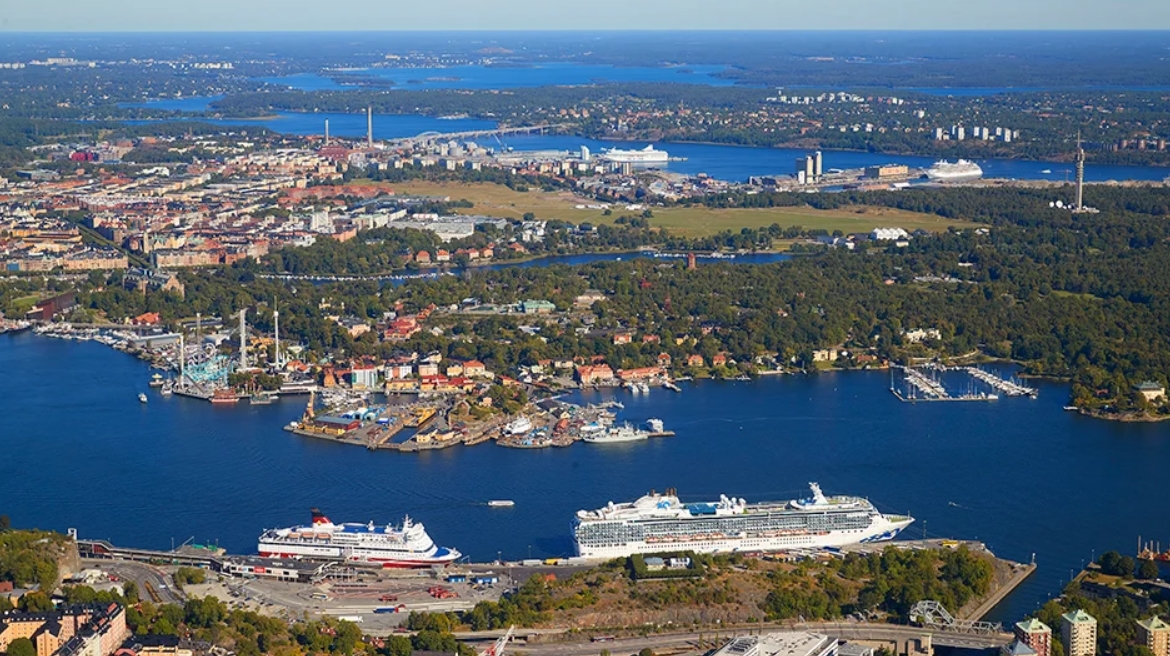Stockholm aims to lead the world in reducing emissions. Now Stockholm has become one of the first EU cities to have its climate plan approved by the European Commission, and Ports of Stockholm is one of the Climate City Contract signatory companies.
Stockholm aims to be climate-positive already by the year 2030. Stockholm and nine other European cities had their climate plans assessed by the European Commission, and have been awarded EU Mission Label status. Stockholm is therefore first in the EU to achieve this approval.
The Climate City Contract has been developed and signed by the City of Stockholm in collaboration with eleven of the city’s companies, Region Stockholm, Stockholm University, KTH Royal Institute of Technology and Karolinska Institutet.
“This is a show of strength for Stockholm as a city, and an important undertaking for our business and for the transition to green shipping. Together with several other actors we are taking an important step towards a climate-positive Stockholm 2030,” explains Jens Holm, Chair of the Board of Stockholms Hamn AB.
To reach the goal of a climate-positive Stockholm already by 2030, Ports of Stockholm works actively, far-sightedly and strategically to achieve sustainable port operations and shipping.
Ports of Stockholm's climate goals:
- Reduced emission of greenhouse gases from shipping customers within Ports of Stockholm's port areas.
- Zero emission of fossil energy carbon dioxide from Ports of Stockholm's truck operations by 2025.
- Ports of Stockholm operations to be entirely fossil-free by 2030.
Ports of Stockholm makes sustainable shipping possible through strategic expansion of onshore power capabilities, environmentally differentiated port fee incentives, and close dialogue with relevant stakeholders when it comes to alternative fuels and new green technologies.
Measures taken to reduce the company's own environmental impact include the development of an energy saving programme and transparent targets for the use of renewable fuels.

